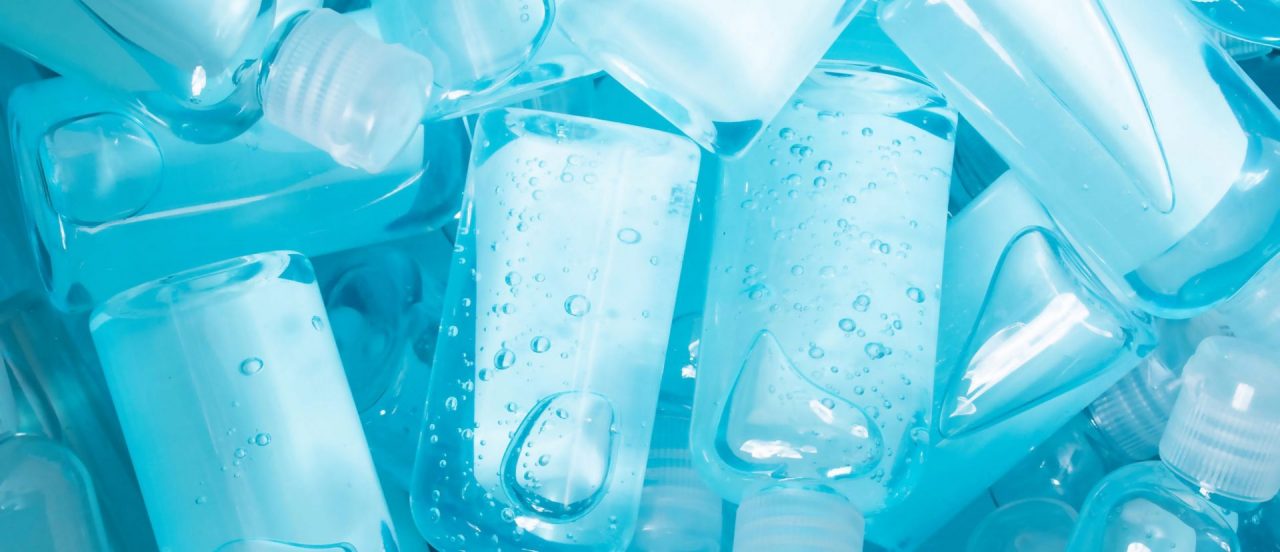The COVID-19 outbreak has generated a surge of consumer complaints and governmental investigations about excessive pricing and price gouging. Anti-price gouging laws seek to prevent sellers from taking advantage of emergency-driven demand surges or supply shortfalls for necessities such as food and medical supplies. This article provides an overview of the legal environment and recent enforcement practice, and seeks to help transcontinental businesses understand the anti-price gouging framework in the U.S. and in the EU. It also suggests practices that can enhance their anti-price gouging compliance. First, we discuss three unusual aspects of price gouging law in the U.S. and in the EU; second, we highlight the increased high price scrutiny on both sides of the Atlantic in light of COVID-19; and finally, we offer several tips for transatlantic companies to mitigate the risk of excessive pricing and price gouging.
By Tilman Kuhn, Kathryn J. Mims & Lily Kim1
The COVID-19 outbreak has generated a surge of consumer complaints and governmental investigations about excessive pricing and price gouging. While firms are typically free to raise prices based on supply, demand, and other market factors, anti-price gouging laws typically restrict such freedom during states of emergency to prevent sellers from taking advantage of emergency-driven demand surges or supply shortfalls for necessities such as food and medical supplies.
This article seeks to help transcontinent
...THIS ARTICLE IS NOT AVAILABLE FOR IP ADDRESS 216.73.216.89
Please verify email or join us
to access premium content!

